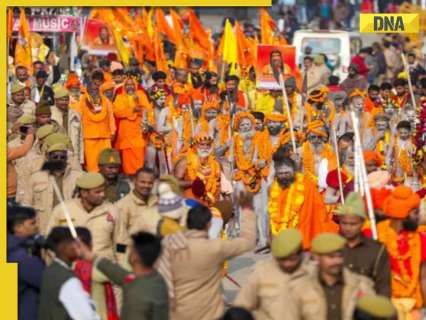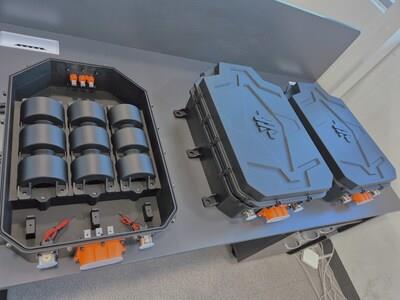fishing venipuncture
 fishing cartoon
fishing cartoon
TOPEKA, Kan. (AP) — Republicans made claims about illegal voting by noncitizens a centerpiece of their 2024 campaign messaging and plan to push legislation in the new Congress requiring voters to provide proof of U.S. citizenship. Yet there's one place with a GOP supermajority where linking voting to citizenship appears to be a nonstarter: Kansas. That's because the state has been there, done that, and all but a few Republicans would prefer not to go there again. Kansas imposed a proof-of-citizenship requirement over a decade ago that grew into one of the biggest political fiascos in the state in recent memory. The law, passed by the state Legislature in 2011 and implemented two years later, ended up blocking the voter registrations of more than 31,000 U.S. citizens who were otherwise eligible to vote. That was 12% of everyone seeking to register in Kansas for the first time. Federal courts ultimately declared the law an unconstitutional burden on voting rights, and it hasn't been enforced since 2018. Kansas provides a cautionary tale about how pursuing an election concern that in fact is extremely rare risks disenfranchising a far greater number of people who are legally entitled to vote. The state’s top elections official, Secretary of State Scott Schwab, championed the idea as a legislator and now says states and the federal government shouldn't touch it. “Kansas did that 10 years ago,” said Schwab, a Republican. “It didn’t work out so well.” Steven Fish, a 45-year-old warehouse worker in eastern Kansas, said he understands the motivation behind the law. In his thinking, the state was like a store owner who fears getting robbed and installs locks. But in 2014, after the birth of his now 11-year-old son inspired him to be “a little more responsible” and follow politics, he didn’t have an acceptable copy of his birth certificate to get registered to vote in Kansas. “The locks didn’t work,” said Fish, one of nine Kansas residents who sued the state over the law. “You caught a bunch of people who didn’t do anything wrong.” Kansas' experience appeared to receive little if any attention outside the state as Republicans elsewhere pursued proof-of-citizenship requirements this year. Arizona enacted a requirement this year, applying it to voting for state and local elections but not for Congress or president. The Republican-led U.S. House passed a proof-of-citizenship requirement in the summer and plans to bring back similar legislation after the GOP won control of the Senate in November. In Ohio, the Republican secretary of state revised the form that poll workers use for voter eligibility challenges to require those not born in the U.S. to show naturalization papers to cast a regular ballot. A federal judge declined to block the practice days before the election. Also, sizable majorities of voters in Iowa, Kentucky, Missouri, Oklahoma, South Carolina and the presidential swing states of North Carolina and Wisconsin were inspired to amend their state constitutions' provisions on voting even though the changes were only symbolic. Provisions that previously declared that all U.S. citizens could vote now say that only U.S. citizens can vote — a meaningless distinction with no practical effect on who is eligible. To be clear, voters already must attest to being U.S. citizens when they register to vote and noncitizens can face fines, prison and deportation if they lie and are caught. “There is nothing unconstitutional about ensuring that only American citizens can vote in American elections,” U.S. Rep. Chip Roy, of Texas, the leading sponsor of the congressional proposal, said in an email statement to The Associated Press. After Kansas residents challenged their state's law, both a federal judge and federal appeals court concluded that it violated a law limiting states to collecting only the minimum information needed to determine whether someone is eligible to vote. That's an issue Congress could resolve. The courts ruled that with “scant” evidence of an actual problem, Kansas couldn't justify a law that kept hundreds of eligible citizens from registering for every noncitizen who was improperly registered. A federal judge concluded that the state’s evidence showed that only 39 noncitizens had registered to vote from 1999 through 2012 — an average of just three a year. In 2013, then-Kansas Secretary of State Kris Kobach, a Republican who had built a national reputation advocating tough immigration laws, described the possibility of voting by immigrants living in the U.S. illegally as a serious threat. He was elected attorney general in 2022 and still strongly backs the idea, arguing that federal court rulings in the Kansas case “almost certainly got it wrong.” Kobach also said a key issue in the legal challenge — people being unable to fix problems with their registrations within a 90-day window — has probably been solved. “The technological challenge of how quickly can you verify someone’s citizenship is getting easier,” Kobach said. “As time goes on, it will get even easier.” The U.S. Supreme Court refused to hear the Kansas case in 2020. But in August, it split 5-4 in allowing Arizona to continue enforcing its law for voting in state and local elections while a legal challenge goes forward. Seeing the possibility of a different Supreme Court decision in the future, U.S. Rep.-elect Derek Schmidt says states and Congress should pursue proof-of-citizenship requirements. Schmidt was the Kansas attorney general when his state's law was challenged. "If the same matter arose now and was litigated, the facts would be different," he said in an interview. But voting rights advocates dismiss the idea that a legal challenge would turn out differently. Mark Johnson, one of the attorneys who fought the Kansas law, said opponents now have a template for a successful court fight. “We know the people we can call," Johnson said. “We know that we’ve got the expert witnesses. We know how to try things like this.” He predicted "a flurry — a landslide — of litigation against this.” Initially, the Kansas requirement's impacts seemed to fall most heavily on politically unaffiliated and young voters. As of fall 2013, 57% of the voters blocked from registering were unaffiliated and 40% were under 30. But Fish was in his mid-30s, and six of the nine residents who sued over the Kansas law were 35 or older. Three even produced citizenship documents and still didn’t get registered, according to court documents. “There wasn’t a single one of us that was actually an illegal or had misinterpreted or misrepresented any information or had done anything wrong,” Fish said. He was supposed to produce his birth certificate when he sought to register in 2014 while renewing his Kansas driver's license at an office in a strip mall in Lawrence. A clerk wouldn't accept the copy Fish had of his birth certificate. He still doesn't know where to find the original, having been born on an Air Force base in Illinois that closed in the 1990s. Several of the people joining Fish in the lawsuit were veterans, all born in the U.S., and Fish said he was stunned that they could be prevented from registering. Liz Azore, a senior adviser to the nonpartisan Voting Rights Lab, said millions of Americans haven't traveled outside the U.S. and don't have passports that might act as proof of citizenship, or don't have ready access to their birth certificates. She and other voting rights advocates are skeptical that there are administrative fixes that will make a proof-of-citizenship law run more smoothly today than it did in Kansas a decade ago. “It’s going to cover a lot of people from all walks of life,” Avore said. “It’s going to be disenfranchising large swaths of the country.” Associated Press writer Julie Carr Smyth in Columbus, Ohio, contributed to this report.The Founder of Eko Drive, Ademide Osunsina, has called on the federal government to prioritise the nation’s automotive sector to achieve inclusive economic growth. Osunsina stated this during Eko Drive’s third car exhibition in Lagos while also acknowledging that the automotive industry plays a key role in contributing to the nation’s Gross Domestic Product despite the sector currently facing significant challenges. He said the industry’s potential remains high with estimates predicting that it could account for up to 12 per cent of GDP if properly developed. “The automotive sector is crucial to Nigeria’s economic landscape, and the Eko Drive exhibition is at the forefront of this transformation. The exhibition serves as a powerful catalyst to promote innovation by featuring cutting-edge technology and electric vehicles, thus encouraging local manufacturers to adopt sustainable practices,” he said. Speaking on the exhibition, Osunsina who also doubles as the project manager said Eko Drive’s goal is to foster a vibrant automotive community that not only appreciates luxury vehicles but also drives economic growth in Nigeria. “This year’s edition, held at the Alliance Francaise, Ikoyi drew hundreds of automotive enthusiasts – sports cars, supercars, power bike lovers – solidifying Nigeria’s position as a rising hub for supercar culture and technology,” he averred. He stated that the energy at this year’s exhibition was electric and he is thrilled to see so many passionate individuals come together to celebrate the future of supercars. “We are committed to showcasing not just supercars but also the innovations that will shape the future of transportation in Nigeria,” the co-founder and creative director of Eko Drive,” Imran Claud-Ennin said. He pointed out that Eko Drive’s exhibition goes beyond showcasing vehicles, adding that it builds a strong community among enthusiasts and industry stakeholders. “We believe in the power of the community,” added Sanjo Morgan, co-founder and event coordinator of Eko Drive. “Our events bring together diverse individuals who share a common passion for cars. Together, we can promote responsible consumer choices and environmental sustainability within the automotive sector. “As Eko Drive looks to the future, it invites sponsors who share its vision of innovation and community development to join forces to enhance Nigeria’s automotive landscape while contributing positively to the economy and society,” Alliance Francaise de Lagos marketing executive,” Precious Naador said.None
None
Hilary Duff 's romance really is a real-life Cinderella story. The Lizzie McGuire actress and husband Matthew Koma proved once again they are one of Hollywood's cutest couples with their adorably sentimental yet hilarious fifth wedding anniversary tributes to each other. “5 years married today to my dream girl & my best friend," Matthew wrote on Instagram Dec. 21. "As I lay next to you in bed, purely exhausted after our third consecutive 14 hour day of taking our 4 kids skiing – I feel like the luckiest. You chose me to do the impossible with. And as we navigate through the truly IN IT years, I think the most exciting thing is knowing on the other side of this, we get each other. You’re my favorite person to do absolutely anything and everything with." The musician—who shares daughters Banks , 6, Mae , 3, and Townes , 7 months, with Hilary in addition to her son Luca , 12, from her first marriage—continued, "I know that may sound underwhelming considering my inability to tolerate the majority of humans, but you light this grinch up in a way that forces me to fully submit and coast closer to the #LiveLaughLove sun than I ever thought possible." Matthew went on to thank Hilary for "knowing me better than I know me, and for steering me clear of so many traps I would’ve fallen right into without your North." "I know we’re still at the starting line, but I fully trust you’ll lead us all the way home," the 37-year-old concluded. "And if not, I’m going to have a hell of a highlight reel to relive in my one bedroom condo in the deep San Fernando Valley that I share with a guy named Sid who burns incense and has a pet axolotl. You are my forever Luigi and I love you so much." And no, Matthew wasn't referencing a certain Luigi who has become infamous as of late for a CEO's shocking murder . As Hilary, 38, hilariously clarified in the comments, "As long as you mean the right Luigi I’m here for ever my baby. My big baby. It better be a big Diet Coke at lunch because we are going for the gold today. Happy 5 my lover (can this comment be my dedication?)” A post shared by Matthew Koma (@matthewkoma) The "Sparks" singer also shared her own gallery of wedding photos from their December 2019 ceremony on Instagram Stories writing, “5 years down @matthewkoma Forever to go. You’re my best friend... Best daddy.” Keep reading to relive Hilary and Matthew's love story in honor of their anniversary. Back in January 2017 , the pair confirmed their budding romance by posing on the red carpet together at Entertainment Weekly 's pre-SAG Awards party at Chateau Marmont. A Brief Breakup Shortly after their red carpet debut, a source confirmed to E! News the two had split in March 2017. According to the source, the breakup was triggered by their busy schedules. Rekindling the Romance By October 2017, they had rekindled their romance , evidenced by his appearance at her 30th birthday party. "Since Matt got back from tour, they've been seeing each other again," a source told E! News exclusively at the time. "Him being gone on tour was the main reason things didn't work out the first time around, so now that he's back, they picked up right where they left off." As she later revealed on The Talk in December 2017, it was actually the third time they were dating. "Timing is such a big deal... third time's a charm!" she told the co-hosts. In June 2018, the couple has sweet news to share: they had a baby girl on the way. "We made a baby girl!" Koma wrote on social media. "She will be as beautiful and sweet as her mother...@hilaryduff another incredible chapter begins." By the fall, they officially added a new member to the family : daughter Banks Violet Bair . "This little bit has fully stolen our hearts! She joined our world at home on Thursday afternoon and is absolute magic," the actress shared online in October 2018. Nearly two years after stepping out publicly for the first time, Koma asked the actress to marry him . Duff and Koma said "I do" in Dec. 2019 , surrounded by their loved ones! When celebrating his one year wedding anniversary to Hilary, Matthew wrote a thoughtful post on Instagram expressing his gratitude for all that she's done during the pandemic. "I'm so in awe of your badassery," he gushed in part. Hilary and Matthew went on to welcome daughter Mae James Bair in March 2021.
Kansas Once Required Voters to Prove Citizenship. That Didn't Work Out So WellTOPEKA, Kan. (AP) — Republicans made claims about illegal voting by noncitizens a centerpiece of their 2024 campaign messaging and plan to push legislation in the new Congress requiring voters to provide proof of U.S. citizenship. Yet there's one place with a GOP supermajority where linking voting to citizenship appears to be a nonstarter: Kansas. That's because the state has been there, done that, and all but a few Republicans would prefer not to go there again. Kansas imposed a proof-of-citizenship requirement over a decade ago that grew into one of the biggest political fiascos in the state in recent memory. The law, passed by the state Legislature in 2011 and implemented two years later, ended up blocking the voter registrations of more than 31,000 U.S. citizens who were otherwise eligible to vote. That was 12% of everyone seeking to register in Kansas for the first time. Federal courts ultimately declared the law an unconstitutional burden on voting rights, and it hasn't been enforced since 2018. Kansas provides a cautionary tale about how pursuing an election concern that in fact is extremely rare risks disenfranchising a far greater number of people who are legally entitled to vote. The state’s top elections official, Secretary of State Scott Schwab, championed the idea as a legislator and now says states and the federal government shouldn't touch it. “Kansas did that 10 years ago,” said Schwab, a Republican. “It didn’t work out so well.” Steven Fish, a 45-year-old warehouse worker in eastern Kansas, said he understands the motivation behind the law. In his thinking, the state was like a store owner who fears getting robbed and installs locks. But in 2014, after the birth of his now 11-year-old son inspired him to be “a little more responsible” and follow politics, he didn’t have an acceptable copy of his birth certificate to get registered to vote in Kansas. “The locks didn’t work,” said Fish, one of nine Kansas residents who sued the state over the law. “You caught a bunch of people who didn’t do anything wrong.” Kansas' experience appeared to receive little if any attention outside the state as Republicans elsewhere pursued proof-of-citizenship requirements this year. Arizona enacted a requirement this year, applying it to voting for state and local elections but not for Congress or president. The Republican-led U.S. House passed a proof-of-citizenship requirement in the summer and plans to bring back similar legislation after the GOP won control of the Senate in November. In Ohio, the Republican secretary of state revised the form that poll workers use for voter eligibility challenges to require those not born in the U.S. to show naturalization papers to cast a regular ballot. A federal judge declined to block the practice days before the election. Also, sizable majorities of voters in Iowa, Kentucky, Missouri, Oklahoma, South Carolina and the presidential swing states of North Carolina and Wisconsin were inspired to amend their state constitutions' provisions on voting even though the changes were only symbolic. Provisions that previously declared that all U.S. citizens could vote now say that only U.S. citizens can vote — a meaningless distinction with no practical effect on who is eligible. To be clear, voters already must attest to being U.S. citizens when they register to vote and noncitizens can face fines, prison and deportation if they lie and are caught. “There is nothing unconstitutional about ensuring that only American citizens can vote in American elections,” U.S. Rep. Chip Roy, of Texas, the leading sponsor of the congressional proposal, said in an email statement to The Associated Press. After Kansas residents challenged their state's law, both a federal judge and federal appeals court concluded that it violated a law limiting states to collecting only the minimum information needed to determine whether someone is eligible to vote. That's an issue Congress could resolve. The courts ruled that with “scant” evidence of an actual problem, Kansas couldn't justify a law that kept hundreds of eligible citizens from registering for every noncitizen who was improperly registered. A federal judge concluded that the state’s evidence showed that only 39 noncitizens had registered to vote from 1999 through 2012 — an average of just three a year. In 2013, then-Kansas Secretary of State Kris Kobach, a Republican who had built a national reputation advocating tough immigration laws, described the possibility of voting by immigrants living in the U.S. illegally as a serious threat. He was elected attorney general in 2022 and still strongly backs the idea, arguing that federal court rulings in the Kansas case “almost certainly got it wrong.” Kobach also said a key issue in the legal challenge — people being unable to fix problems with their registrations within a 90-day window — has probably been solved. “The technological challenge of how quickly can you verify someone’s citizenship is getting easier,” Kobach said. “As time goes on, it will get even easier.” The U.S. Supreme Court refused to hear the Kansas case in 2020. But in August, it split 5-4 in allowing Arizona to continue enforcing its law for voting in state and local elections while a legal challenge goes forward. Seeing the possibility of a different Supreme Court decision in the future, U.S. Rep.-elect Derek Schmidt says states and Congress should pursue proof-of-citizenship requirements. Schmidt was the Kansas attorney general when his state's law was challenged. "If the same matter arose now and was litigated, the facts would be different," he said in an interview. But voting rights advocates dismiss the idea that a legal challenge would turn out differently. Mark Johnson, one of the attorneys who fought the Kansas law, said opponents now have a template for a successful court fight. “We know the people we can call," Johnson said. “We know that we’ve got the expert witnesses. We know how to try things like this.” He predicted "a flurry — a landslide — of litigation against this.” Initially, the Kansas requirement's impacts seemed to fall most heavily on politically unaffiliated and young voters. As of fall 2013, 57% of the voters blocked from registering were unaffiliated and 40% were under 30. But Fish was in his mid-30s, and six of the nine residents who sued over the Kansas law were 35 or older. Three even produced citizenship documents and still didn’t get registered, according to court documents. “There wasn’t a single one of us that was actually an illegal or had misinterpreted or misrepresented any information or had done anything wrong,” Fish said. He was supposed to produce his birth certificate when he sought to register in 2014 while renewing his Kansas driver's license at an office in a strip mall in Lawrence. A clerk wouldn't accept the copy Fish had of his birth certificate. He still doesn't know where to find the original, having been born on an Air Force base in Illinois that closed in the 1990s. Several of the people joining Fish in the lawsuit were veterans, all born in the U.S., and Fish said he was stunned that they could be prevented from registering. Liz Azore, a senior adviser to the nonpartisan Voting Rights Lab, said millions of Americans haven't traveled outside the U.S. and don't have passports that might act as proof of citizenship, or don't have ready access to their birth certificates. She and other voting rights advocates are skeptical that there are administrative fixes that will make a proof-of-citizenship law run more smoothly today than it did in Kansas a decade ago. “It’s going to cover a lot of people from all walks of life,” Avore said. “It’s going to be disenfranchising large swaths of the country.” Associated Press writer Julie Carr Smyth in Columbus, Ohio, contributed to this report.
Allar puts critics on mute, keeps winning for Penn StateAmazon.com, Inc. (NASDAQ:AMZN) Shares Acquired by Interchange Capital Partners LLCNonePremier League ref David Coote WON’T appeal sacking after videos emerged of anti-Klopp rant and snorting white powder


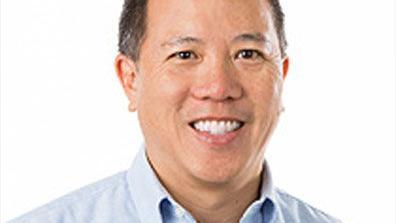






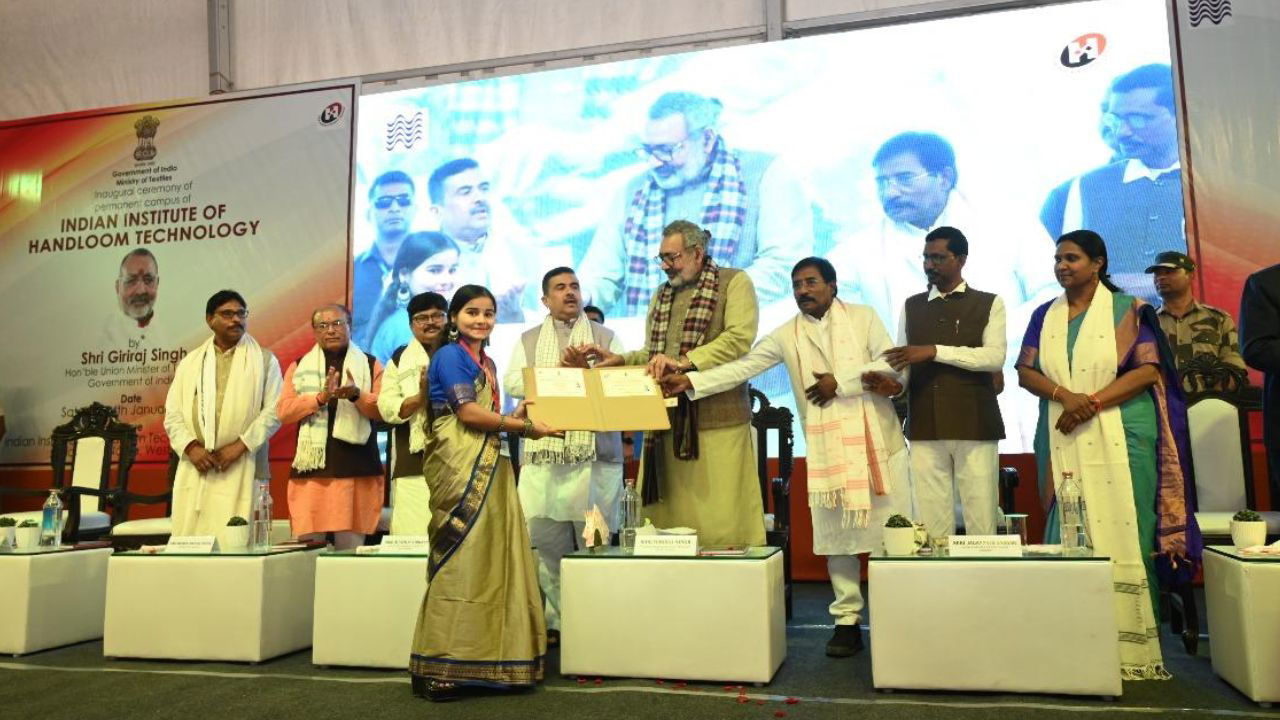


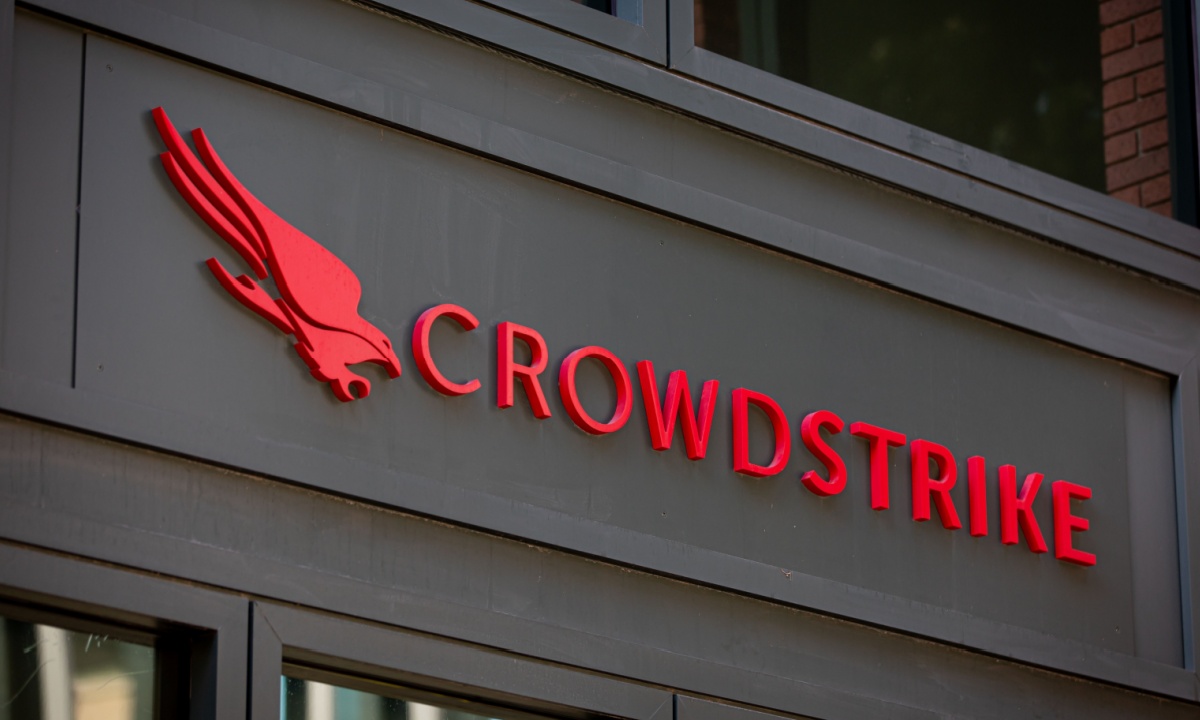




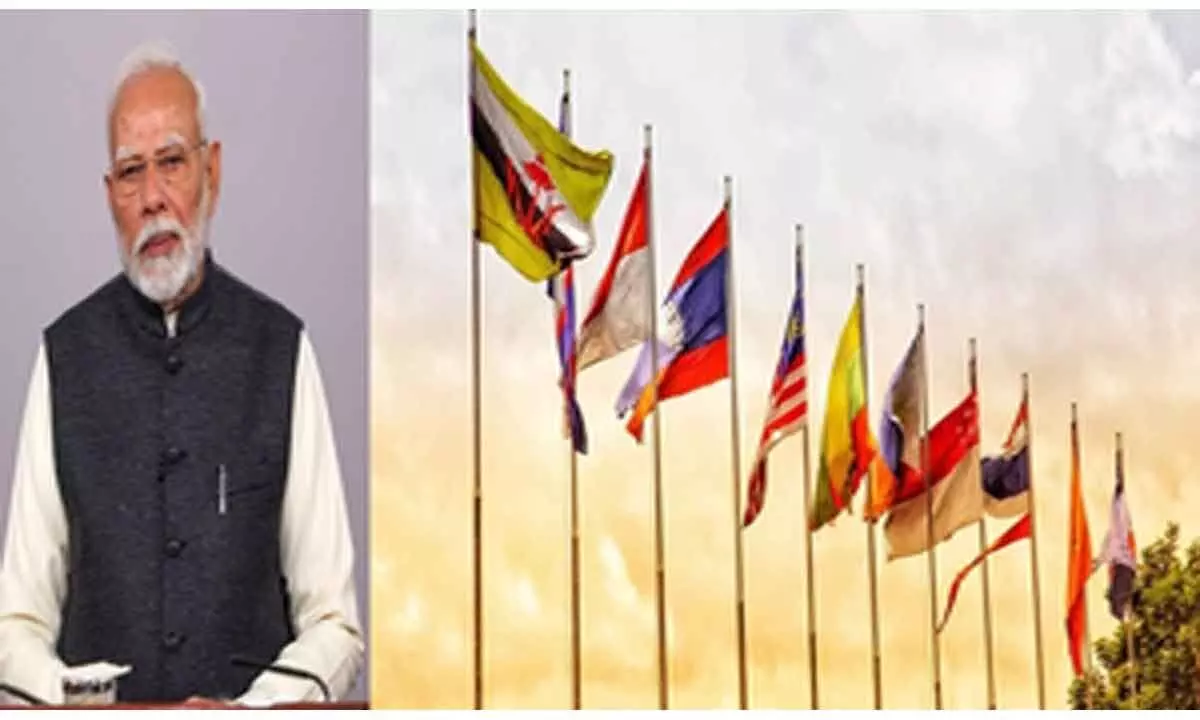


/cdn.vox-cdn.com/uploads/chorus_asset/file/24957516/236811_WIFI7_CVirginia_1.jpg) fishing hook
fishing hook



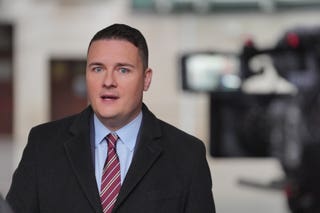

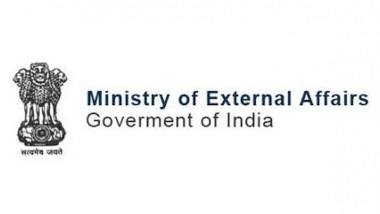 hook fishing
hook fishing

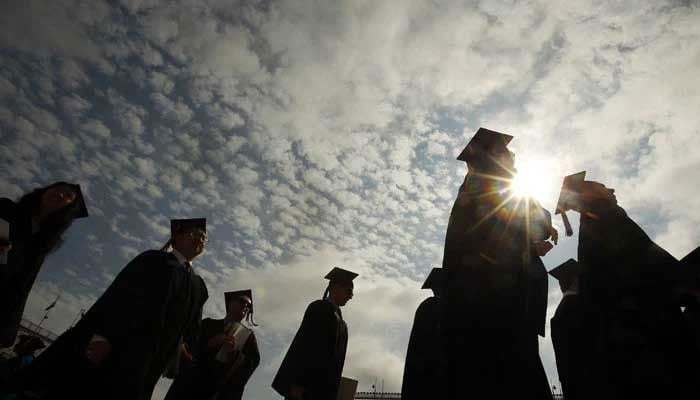

 fishing net
fishing net


